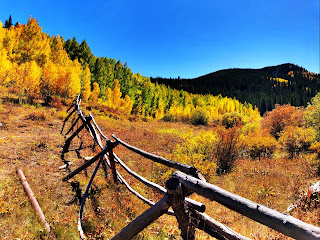Thanksgiving -- without the green beans!
I love the story told by
Lutheran pastor JoAnn Post about a “pharisee” in pigtails who happens to be her
niece. The young lady refused to offer a memorized grace at the dinner table,
insisting that she be allowed to pray extemporaneously for that specific meal.
With hands folded, head bowed, and one eye scanning the table,
she prayed, “Thank you, God, that Mom mashed potatoes and made gravy. Thank
you, God, that there are enough rolls for me to have two. I don’t thank you,
God, for the beans. Amen.”
Gradually I’m realizing that novelist and critic John Updike
was right when he said that experience of gratitude (which, as I see it,
includes praise), deepens over the years, especially as it is cultivated
and becomes a habit.
Also discerning, is John Buchanan, a former editor of The
Christian Century, who points to C.S.Lewis’s suggestion that praise “almost
seems to be inner health made audible.”
Buchanan
supports Walter Brueggemann’s belief that praise is “the duty and delight, the
ultimate vocation of the human community.”
Although I grew up in a British colonial home in which
Thanksgiving didn’t feature on our calendar, I’ve always loved the 17th century
Martin Rinkart hymn that opens
Now thank we all our God,
With hearts, and hands, and voices;
Who wondrous things hath done,
In whom His world rejoices.
That, for me, says it all. With biblical faith at our backs,
we recognize and rejoice in the essential goodness of God’s creation. Then it
becomes easier for us to identify occasions for gratitude even in the
environmental crises we face daily, and in the challenges of our
internet-driven existence.
We may not like green beans, but we still have responsibility
for the stewardship and care of the earth from which those beans spring.

.jpg)

Comments
Post a Comment